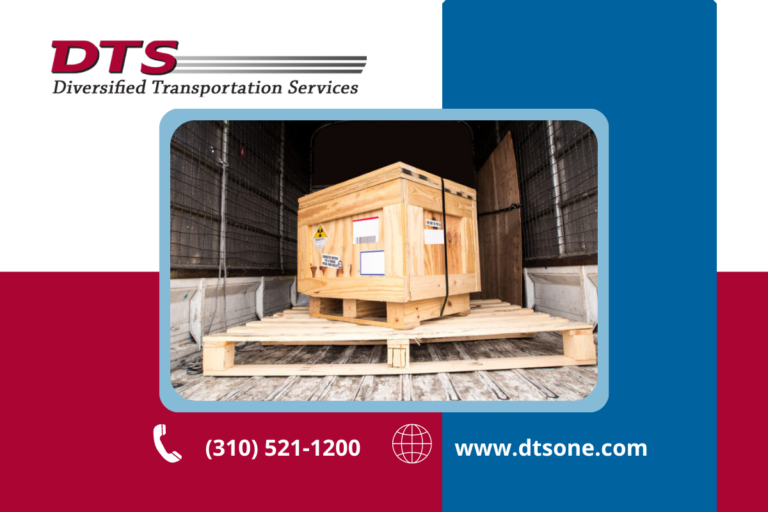
A good place to start in educating yourself about shipping services is by knowing the differences between FTL vs LTL shipping. Shipping specialty freight can be a major challenge for businesses. This task requires knowing what kind of shipping services you need and how to properly coordinate those services.
Let's take a look at how these methods differ and how to know which one you need for your shipment.
Less-than-truckload (LTL) shipping is a budget-friendly option for companies when they have large or strangely shaped shipments, but they don't quite take up all of the space available in a standard truck. The shipments can weigh anywhere between 100 and 10,000 pounds, which will determine the Less than Truckload rates you pay along with several other factors. Typically, LTL freight is in the form of large crates on pallets wrapped in plastic, oversized wooden crates, or corrugated containers.
While you'll save money on LTL freight rates because you're only paying for the space in a truck you're using, it may take longer for your shipment to arrive at its destination. With this type of shipping, you are sharing the truck with other businesses. As the driver delivers each shipment, they will have to take the time to unpack and re-pack goods. Luckily, you can work with experienced LTL freight companies to match your shipment with other scheduled shipments heading to the same destination, saving you both time and money.
As the name implies, full truckload (FTL) shipping is when you use an entire truck to only ship your goods. This can mean that you have enough products to fill the full truckload, usually 10 or more pallets. It can also mean that you only fill it partially but still choose to use a truck dedicated to only your products.
Businesses tend to choose FTL shipping with a partial load when they are pressed to deliver their shipment on time, as the driver will not have to make multiple stops along the way. FTL shipping is also suited for high-risk or delicate freight shipments that may not transport well with additional freight in the truck. While FTL freight rates tend to be higher than LTL freight rates, some businesses find it worthwhile to use a more dedicated shipping method.
The e-commerce revenue in the United States is at about $423.3 billion and steadily climbing. As both LTL and FTL shipping services adjust to these changes in the retail industry by finding more efficient ways to transport goods, your business also needs to stay on top of these adjustments. Contact Diversified Transportation Services today to discover the shipment methods that make the most sense for your company's needs.
Whether you're a company looking to improve one facet of your supply chain, your entire supply chain, or simply looking for a transportation and logistics consultation, we can help.